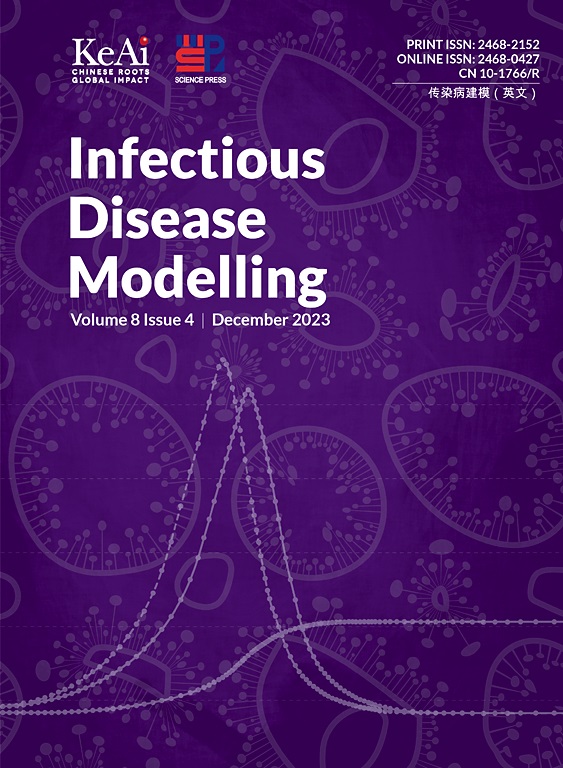基于大时间序列模型的传染病预警框架
IF 2.5
3区 医学
Q1 Medicine
引用次数: 0
摘要
目的建立传染病防治制度,是减轻传染病对人民生命财产安全危害的必要手段。一个有效的传染病控制系统必须包含一个预警机制,旨在发现时空序列的异常上升趋势(爆发)。然而,在特定的应用场景中,特别是在传染病预警场景中,现有的异常检测方法往往受到可用数据的质量和数量的限制。方法生成式预训练大时间序列模型(以下简称大时间序列模型)的出现可能为这一挑战提供解决方案。基于这些模型,我们提出了一个有效的预警框架。结果将该框架与统计和深度学习方法在真实传染病数据集和相关衍生数据集上进行了比较。我们的框架具有更好的性能和更少的数据需求。结论提出了一种易于部署、具有较强泛化能力和优异性能的预警框架,对流行病建模研究人员具有一定的启发意义。本文章由计算机程序翻译,如有差异,请以英文原文为准。
A framework using large time series model for early warning of infectious diseases
Objective
Infectious diseases controlling system is indispensable for weaken the damage to the people's life and property security caused by infectious diseases. An effective infectious diseases controlling system must incorporate an early warning mechanism designed to detect abnormal rising trends (outbreak) in spatial-temporal series. However, existing anomaly detection methods are often constrained by the quality and quantity of available data in specific application scenarios, particularly in infectious diseases early warning scenarios.
Methods
The emergence of generative pre-trained large time series models—hereafter referred to as large time series models—may provide a solution to this challenge. Based on these models, we propose an effective early warning framework.
Results
We compared the framework with statistic and deep learning methods on real-world infectious diseases datasets and related derived datasets. Our framework has a better performance and requires less data.
Conclusion
We propose a readily deployable early warning framework characterized by strong generalization ability and exceptional performance, which would enlighten the epidemic modeling researchers.
求助全文
通过发布文献求助,成功后即可免费获取论文全文。
去求助
来源期刊

Infectious Disease Modelling
Mathematics-Applied Mathematics
CiteScore
17.00
自引率
3.40%
发文量
73
审稿时长
17 weeks
期刊介绍:
Infectious Disease Modelling is an open access journal that undergoes peer-review. Its main objective is to facilitate research that combines mathematical modelling, retrieval and analysis of infection disease data, and public health decision support. The journal actively encourages original research that improves this interface, as well as review articles that highlight innovative methodologies relevant to data collection, informatics, and policy making in the field of public health.
 求助内容:
求助内容: 应助结果提醒方式:
应助结果提醒方式:


